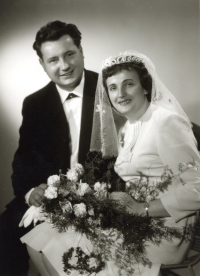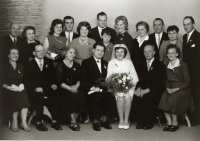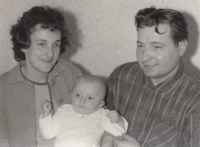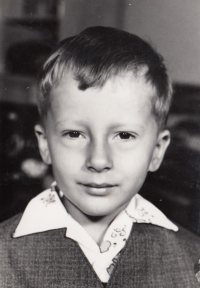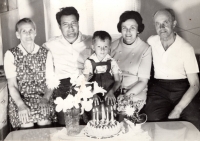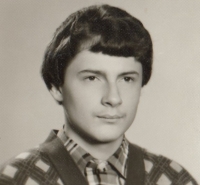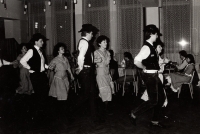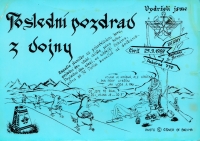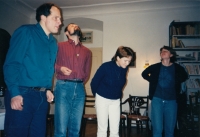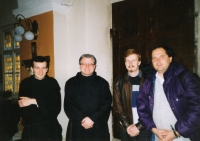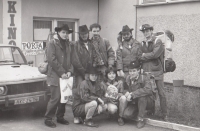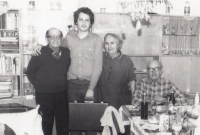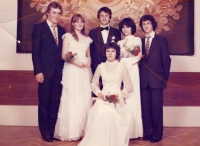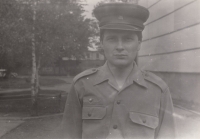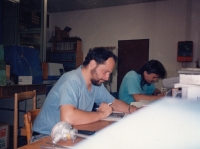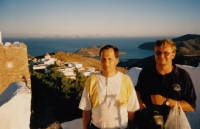I was afraid to say no
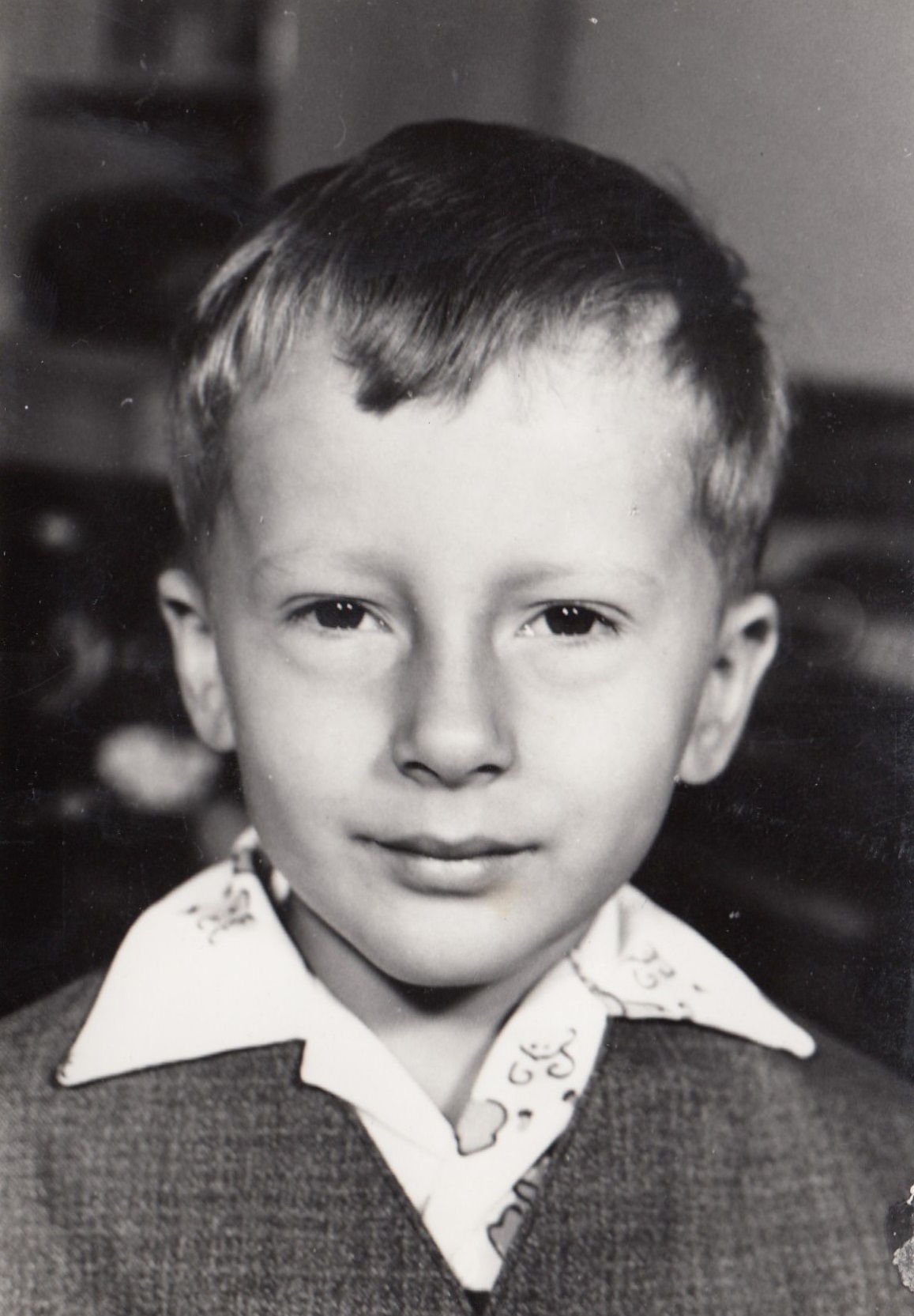
Download image
Miroslav Blažek was born July 20, 1966 in Jilemnice but has lived in Nová Paka since early childhood. The family of his father had been persecuted by the Communist regime. Mother’s brother Jiří Nýdrle, a Scout, was sentenced in a show trial in the 1950s and was sent to the Jáchymov uranium mines. Nevertheless, the family has kept Miroslav in blissful ignorance and so Miroslav joined the socialist youth groups. He also acted as a leader of the Socialist Union of Youth at his vocational school and was a member of the Communist Party up until November 1989. Despite being humanities-oriented, he completed a technical field of study and has spent most of his life working in industry. His later attempts at university studies have been unsuccessful for various reasons. After one year of military service, he was transferred to a no weapon unit where soldiers built railways. He also encountered Christian faith there for the first time and started attending secret meetings of the Seventh-day Adventist Church after his return to civilian life. He became a practicing Roman Catholic and is the organizer of Christian Academy events in Nová Paka since 2005. He only learned more about the persecution of his family during the Communist regime after 1989 and got in touch with some of his relatives. He has raised several children in foster care together with his partner.
